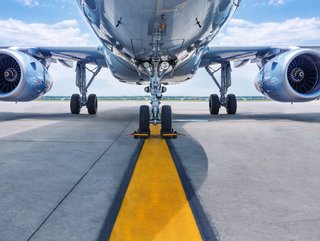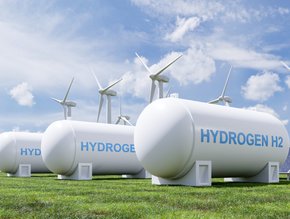EU Targets Airline Greenwashing to Energise Climate Action

Aviation stands as one of the most energy-intensive activities globally, responsible for approximately 2.5% of total carbon emissions. Despite strides in sustainability, decarbonising the aviation sector remains a formidable challenge.
The International Energy Agency (IEA) underscores aviation's pivotal role in global sustainability, noting that although newer aircraft are more efficient, rising demand continues to pose a challenge.
“Despite reductions in flying during the Covid-19 lockdowns, demand is expected to grow rapidly through 2030,” the agency said. “New aircraft can be up to 20% more efficient than the models they replace, but growth in activity has historically outpaced efficiency improvement.”
Empowering sustainable solutions
Sustainable aviation fuel (SAF) has emerged as a critical component in decarbonising aviation. Governments are energetically backing this transition both financially and through increased mandates for SAF usage. Consumers, increasingly cognisant of aviation's environmental impact, are demanding transparency.
Not even notable figures like Taylor Swift escape scrutiny, with fans questioning her private jet use. Věra Jourová, Vice-President of the European Commission for Values and Transparency, stresses the importance of providing consumers with accurate information in an era of heightened environmental consciousness.

She said: “If we want responsible consumers, we need to provide them with accurate information.”
EU's dynamic response to greenwashing
The European Union (EU) is taking proactive steps to combat greenwashing tactics employed by airlines to mislead consumers. Twenty airlines are under the energy-focused scrutiny of the European Consumer Organisation (BEUC), the European Commission and EU consumer authorities.
These airlines face accusations of duping consumers by suggesting that carbon emissions from flights can be offset through climate projects or sustainable fuels, with passengers bearing the brunt.
Exposing greenwashing tactics with an energy lens
So what does greenwashing in aviation look like? As outlined by the EU, customers can be mislead by means such as:
- Carbon offsetting claims: Asserting that consumers can neutralise flight emissions by paying additional fees for climate projects or alternative aviation fuels
- SAF: Touting the usage of ‘sustainable aviation fuels’ without adequately addressing their energy and environmental impact
- Ambiguous terminology: Using terms like ‘green’, ‘sustainable’ or ‘responsible’ without substantiating their energy-saving claims
- Sustainability claims without evidence: Airlines may proclaim commitments towards achieving net-zero greenhouse gas emissions without clear targets or independent monitoring systems
- Emissions calculators: Providing consumers with CO2 emissions calculators for flights without robust scientific backing or transparency
- Misleading emissions comparisons: Presenting flight emissions comparisons without disclosing the basis or accuracy of the data.
The EU is steadfast in its commitment to holding airlines accountable for misleading energy-related green claims. Authorities have given airlines a 30-day ultimatum to rectify their practices in line with EU consumer laws. Failure to comply may lead to further enforcement actions, including sanctions. As the aviation industry strives for energy efficiency and sustainability, transparency and accountability emerge as indispensable pillars.
*******************
Make sure you check out the latest edition of Energy Digital Magazine and also sign up to our global conference series - Sustainability LIVE 2024.
*******************
Energy Digital is a BizClik brand.






